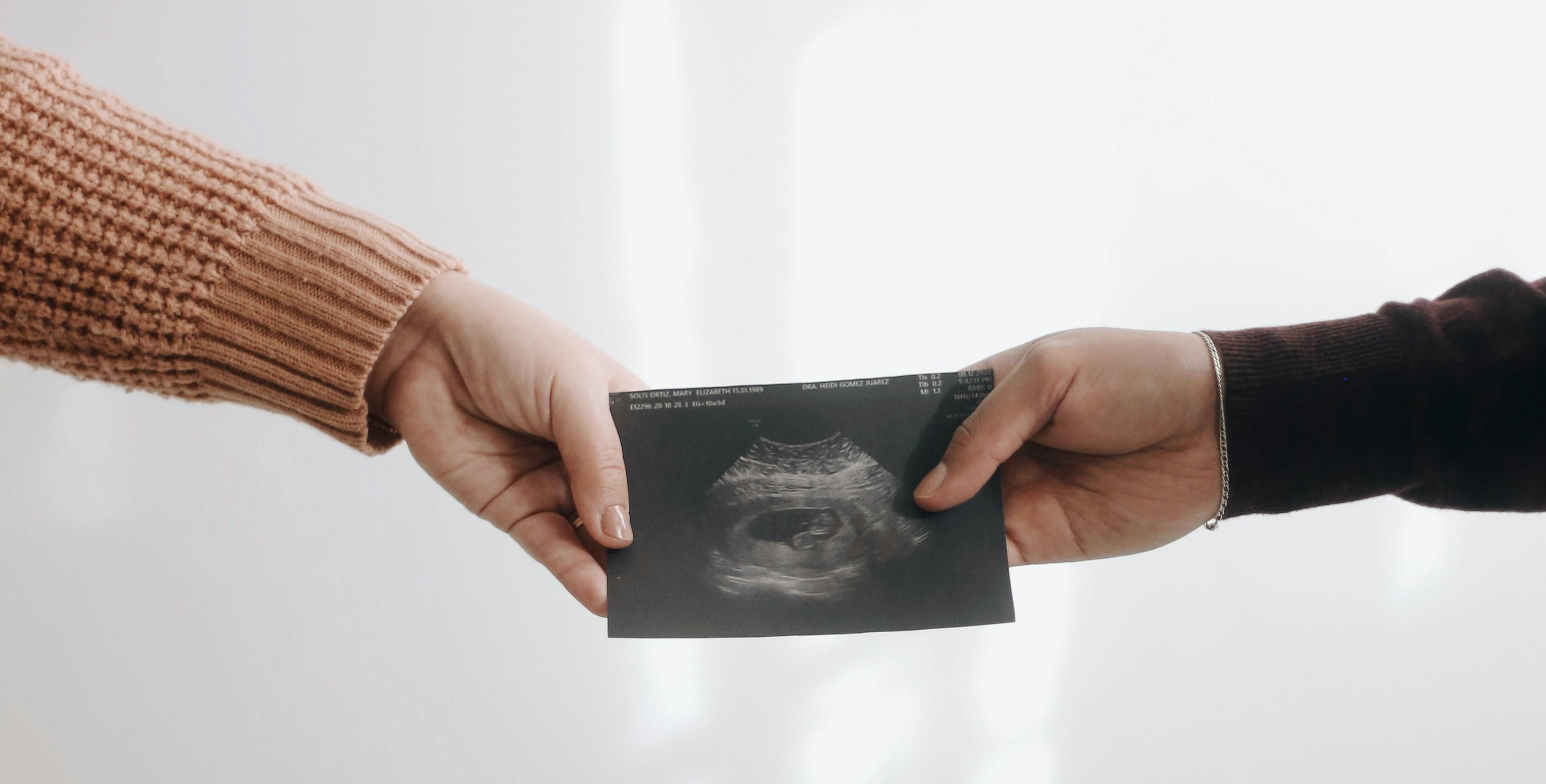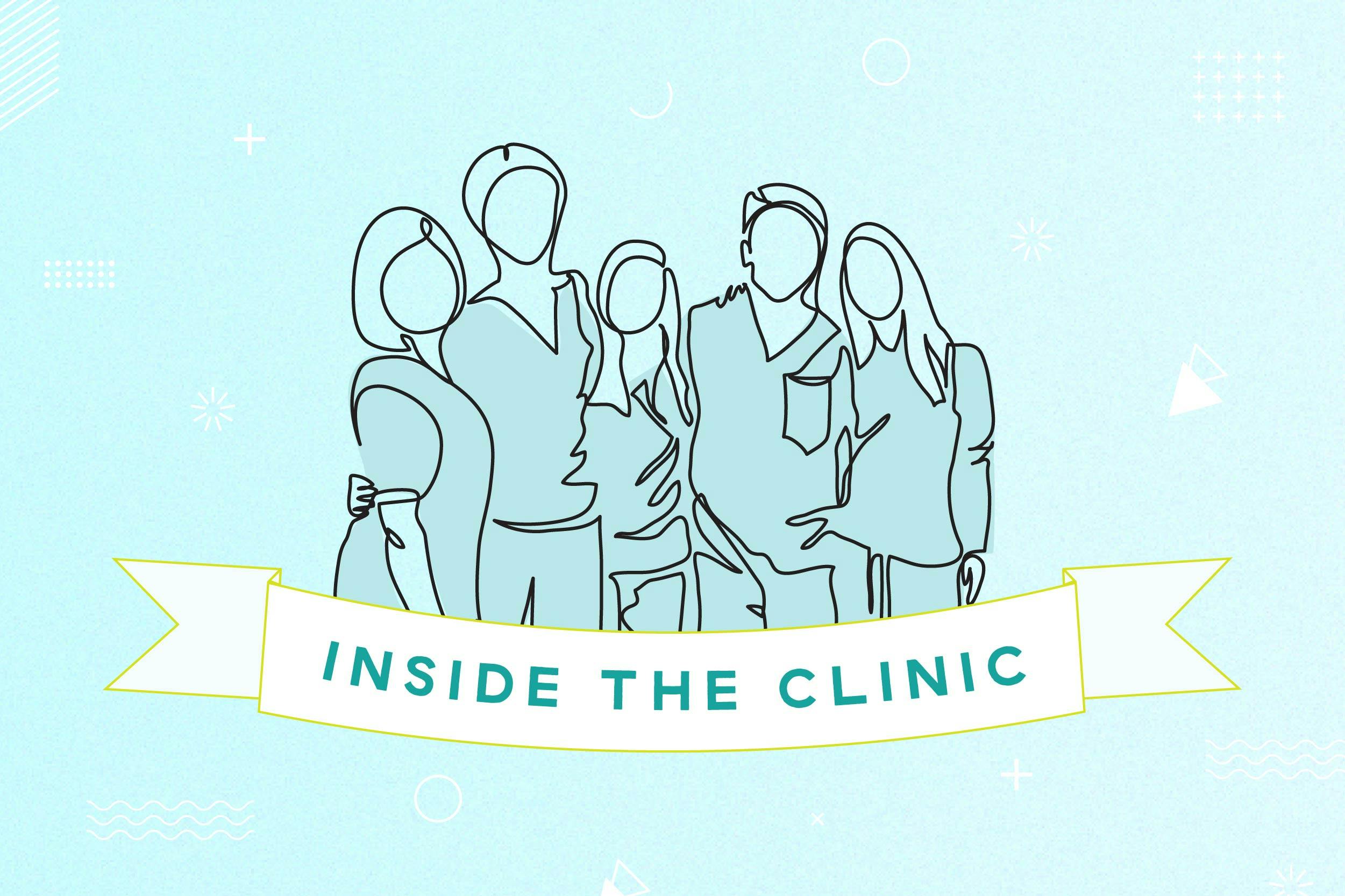mental-health
Depression
Posted By: Parkridge Employee | December 10, 2020

With the holiday season upon us, we want to take a moment to touch on the topic of depression. You may wonder what depression
has to do with the happy times the holidays often bring...
You may be surprised to know that the rates of depression often peak around this time of year. This can be due to many factors that might seem small by themselves, but can be overwhelming altogether. During this time of year, there are many demands on our finances, time, and energy. The Christmas season might also bring feelings of guilt, reminders of loss, the desire for someone to be in your life who is not, or perhaps even comparing your happiness to others.
What is Depression?
- People often describe depression as feelings of sadness, loss, or anger, but it can be experienced in many different ways. It can influence relationships and can complicate some health conditions.
- Depression is relatively common. Studies show that 8.1 percent (or 17.3 million) of American adults ages 20+ struggle with depression.
- Women are more likely than men to report experiencing depression and seek help. Although men are less likely to talk about depression, this disorder affects many men.
- There are many different types of depression. Read in depth descriptions here.
- It is important to note that feelings of sadness are normal.
When these feelings are persistent, last most of the day, and continue for 2 weeks or more it may be time to seek help.
Signs You Might be Experiencing Depression:
- Persistent sad, anxious, or “empty” mood
- Feelings of hopelessness, or pessimism
- Irritability
- Feelings of guilt, worthlessness, or helplessness
- Loss of interest or pleasure in hobbies and activities
- Decreased energy or fatigue
- Moving or talking more slowly
- Feeling restless or having trouble sitting still
- Difficulty concentrating, remembering, or making decisions
- Difficulty sleeping, early-morning awakening, or oversleeping
- Appetite and/or weight changes
- Thoughts of death or suicide, or suicide attempts
- Aches or pains, headaches, cramps, or digestive problems without a clear physical cause and/or that do not ease even with treatment
If you are experiencing one or more of these symptoms, and they are persistent for most of the day for several weeks, this may be depression, and we would encourage you to seek help from a professional counselor, therapist, or doctor.
If you think you might be experiencing anxiety, not depression try these techniques!
(Click here to read about 5 great tips to improve your overall emotional wellness.)
Parkridge Can Help!
We hope the information included here is helpful, and is received in conjunction with other medical information. This blog post is not intended to replace information directly received from a medical provider. Parkridge offers limited free counseling on a variety of issues including depression. All of our services (pregnancy testing, confirmation ultrasound, STD testing and treatment, and professional counseling) are always free of charge, confidential, and delivered by licensed professionals. If you think you may need help, schedule an appointment or call Parkridge today at 806.794.8555.
Resources
Everything You Want to Know About Depression. Healthline. Available at: https://www.healthline.com/health/depression. Accessed on: November 4, 2020.
Depression Statistics. Depression and Bipolar Support Alliance. Available at: https://www.dbsalliance.org/education/depression/statistics/. Accessed on: November 4, 2020.
Depression. National Institute of Mental Health. Available at: https://www.nimh.nih.gov/health/topics/depression/index.shtml. Accessed on: November 17, 2020.
Recent Posts

Adoption vs Abortion
Read More
Ultrasounds Before An Abortion
Read More
Inside the Clinic - Meet The Care Team
Read MoreCategories
 Back to Blog
Back to Blog